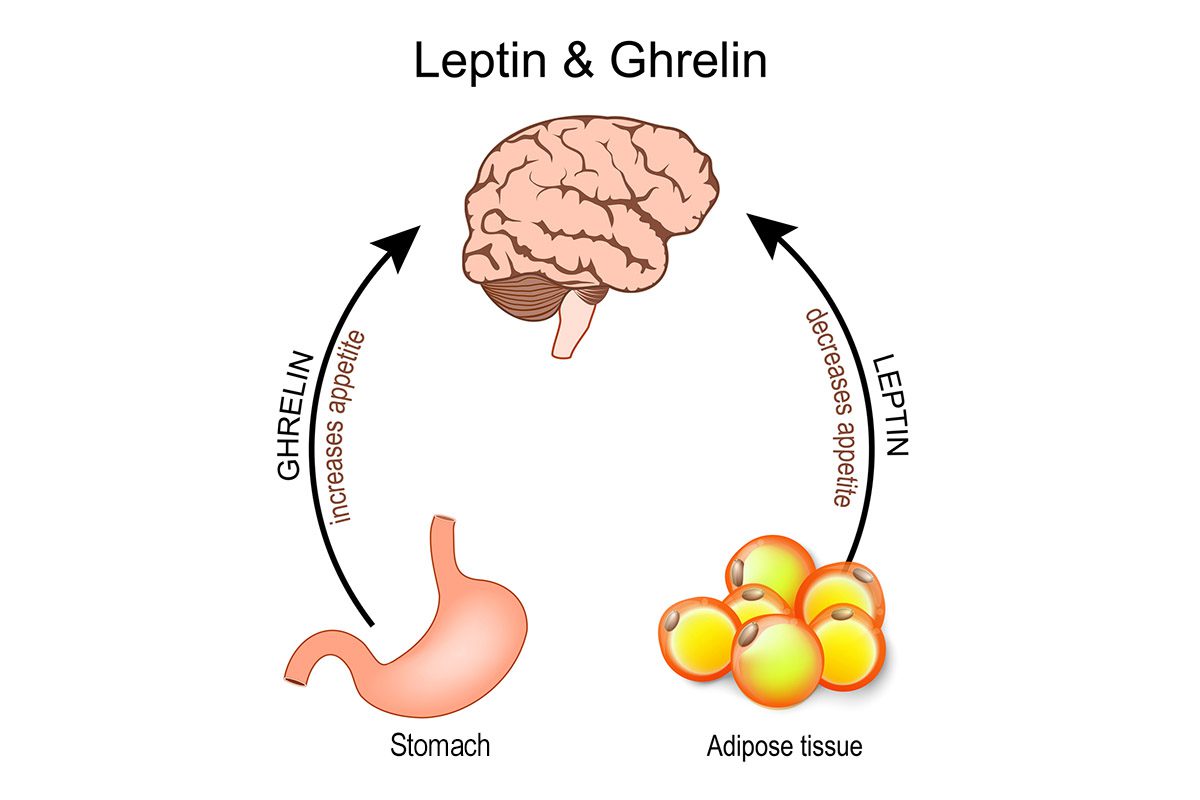Background: Binge-eating disorder is characterized by recurrent episodes of uncontrollable overeating without compensatory weight-loss behaviors. It commonly co-occurs with obesity. Zonisamide is a novel antiepileptic drug associated with weight loss. The purpose of this study was to preliminarily assess zonisamide in the treatment of binge-eating disorder.
Method: Fifteen outpatients with DSM-IV-TR binge-eating disorder were enrolled from Jan. 25, 2002, through Sept. 10, 2002, in an open-label, prospective, 12-week, flexible dose (100-600 mg/day) study of zonisamide. The primary outcome measure was binge-eating episode frequency. Secondary measures included binge day frequency, body mass index (BMI), weight, Clinical Global Impressions-Severity of Illness scale (CGI-S) scores, Yale-Brown Obsessive-Compulsive Scale Modified for Binge Eating (YBOCS-BE) scores, Three Factor Eating Questionnaire (TFEQ) scores, and Hamilton Rating Scale for Depression scores. Safety measures included adverse events, routine blood chemical and hematology laboratory values, urinalyses, plasma zonisamide levels, physical examination findings, and electrocardiograms. Outcome measures were analyzed by a repeated-measures random regression analysis using all data and an endpoint analysis using last observation carried forward.
Results: Eight subjects completed the 12 weeks of treatment. The mean (SD) zonisamide daily dose at endpoint evaluation was 513 (103) mg/day. Both the random regression and endpoint analyses found a highly significant decrease in binge-eating episode frequency, binge day frequency, BMI, weight, CGI-S scores, YBOCS-BE total scores, and TFEQ hunger and disinhibition scores (p < .0001 for all measures in both analyses except p = .001 for endpoint analysis of binge eating frequency, p = .0001 for endpoint analysis of TFEQ disinhibition, and p = .0008 for endpoint analysis of TFEQ hunger). The 7 subjects who discontinued zonisamide prematurely did so due to lack of response (N = 1), protocol nonadherence (N = 2), and adverse events (N = 4).
Conclusion: Zonisamide was effective in reducing binge-eating frequency, severity of illness, and weight and was generally well tolerated in an open trial of binge-eating disorder. Controlled trials appear warranted.
Enjoy this premium PDF as part of your membership benefits!





